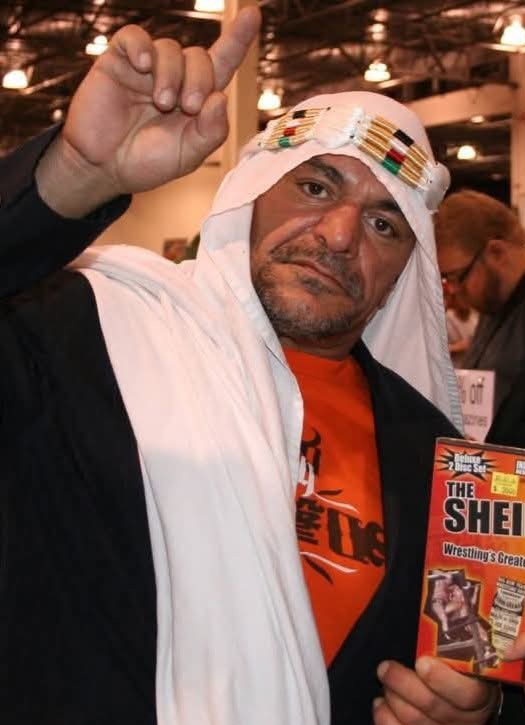Wrestling icon Terry Brunk, known as Sabu, died three weeks after final match. The world of professional wrestling is mourning the death of one of its most iconic and fearless performers. Terry Brunk, known to millions of fans around the globe as Sabu, has passed away just three weeks after wrestling what would be his final match. He was a true pioneer in the wrestling world, forever etched into history as the man who helped redefine what hardcore wrestling meant in North America.
Terry Brunk Sabu death
Born on December 12, 1964, Terry Brunk was destined to entertain. Trained by his legendary uncle, The Original Sheik, Sabu carried forward a brutal legacy, blending storytelling, chaos, and unmatched physical risk into every performance. From New Jersey bingo halls to sold-out arenas in Tokyo, Sabu wrestled like every match might be his last — and often, fans believed it might be. There’s a reason why Sabu was famously dubbed “The Suicidal, Homicidal, Genocidal, Death–Defying Maniac.” He was willing to put his body on the line in ways few dared, often sacrificing safety in exchange for moments that fans would never forget. His arsenal of springboard leg drops, chair throws, and high-flying maneuvers through tables became a defining part of wrestling’s hardcore era.
Sabu rose to prominence in the early 1990s, but it was his time in Extreme Championship Wrestling (ECW) that cemented his place as a legend. Under Paul Heyman’s gritty, no-rules promotion, Sabu became a symbol of rebellion, pushing wrestling’s boundaries and helping ECW earn a cult following that lives on today. He feuded and teamed with names like Rob Van Dam, Taz, and The Sandman — unforgettable wars that left scars on his body and history in their wake.
Perhaps more than any other wrestler, Sabu introduced North American audiences to a uniquely dangerous and spectacular style of hardcore wrestling that blended Japanese deathmatches with the American independent scene. He was one of the first to truly bring that Japanese FMW-style brutality to the mainstream, blazing a trail that modern stars like Jon Moxley, Darby Allin, and others continue to follow. What many don’t know is that Sabu’s toughness was forged long before his wrestling days. At just 18 years old, Brunk was shot point-blank in the face — and survived. That event, instead of derailing his life, seemed to further steel his resolve. From then on, Sabu lived as if he had nothing to lose — a sentiment that bled into every dive, every gash, and every match.
Terry Brunk cause of death
Even as time caught up with his battered body, Sabu kept performing. While many of his ECW contemporaries retired or faded into the background, Sabu remained active, wrestling in promotions around the world and appearing at fan conventions. His final match, wrestled just three weeks before his death, stands as a testament to his unwavering love for the sport and his fans. Few wrestlers can say they gave everything they had — Sabu truly did. Beyond the blood and broken tables, Sabu was a trailblazer. He never needed long promos or flashy catchphrases to connect with fans. His silence was part of his mystique. He let his actions — and the carnage he left in the ring — speak for him.
News of his passing has sent shockwaves throughout the wrestling community. Tributes have poured in from fans, fellow wrestlers, and promoters. WWE Hall of Famers, AEW stars, and independent wrestlers alike have all acknowledged Sabu’s impact. His legacy lives on in every dive off the top rope, every barbed wire match, and every young performer who dares to be different. In a sport where authenticity is rare, Sabu was real. He was hardcore before it was cool, and he paid the price in broken bones and stitches. But he did it all for the love of wrestling. Terry Brunk — Sabu — may be gone, but his legend will never die. He showed the world what it meant to sacrifice for art, and for that, wrestling fans will forever be grateful.
Rest in peace to the original death-defying maniac. There will never be another Sabu.
